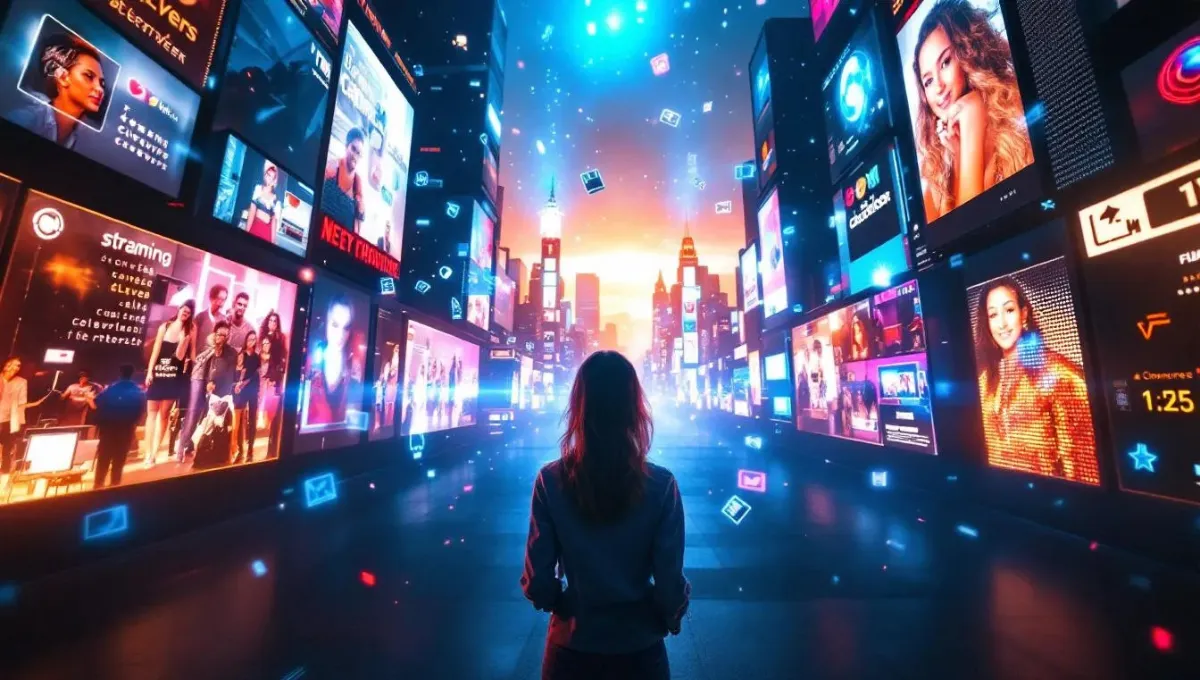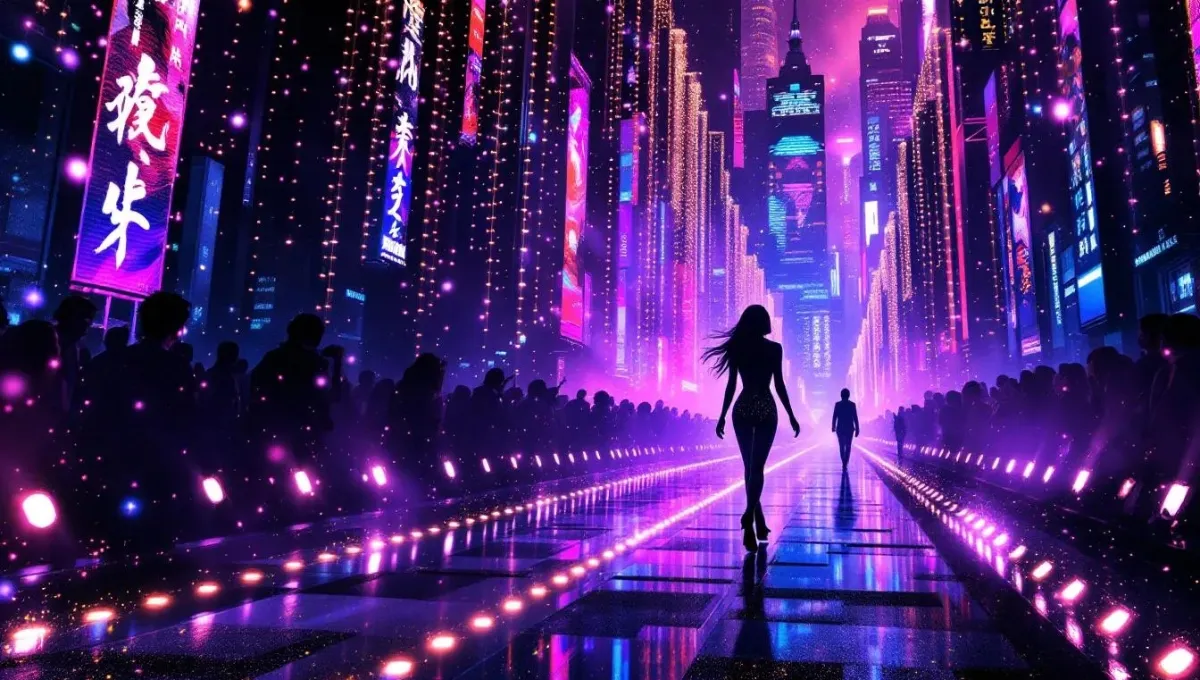In 2025, social media isn’t just a scroll — it’s a heartbeat. The internet, once accused of isolating us, has quietly evolved into a network of emotion, empathy, and shared purpose. Across Reddit threads, Discord servers, and creative circles on TikTok, people are rediscovering what it truly means to belong.
Every post, message, and late-night chat carries something deeper than data — it’s the echo of human connection. We live in a digital age that often feels loud and shallow, yet hidden inside are communities built on warmth and honesty. Here, friendship is not measured by likes but by mutual care. A single comment saying “I feel this too” can mean more than a thousand hearts.
The youngest generations — Gen Z and Millennials — are leading this quiet cultural shift. They no longer chase viral fame; they seek authenticity. They gather in niche online spaces where vulnerability is safe, creativity is celebrated, and mental health is not taboo. In these corners of the web, strangers become accountability partners, confidants, even family.
Platforms are changing too. Once-toxic social feeds now experiment with empathy-driven features — wellness breaks, positive prompts, and community moderation that protects kindness. The line between real life and online life fades, replaced by one question that feels timeless: Do I feel seen here?
The Retreat from the Mainstream
As the big social networks grew louder and more commercial, millions quietly began to step away. Algorithmic feeds turned personal sharing into performance, and intimacy was replaced by metrics. That fatigue sparked a movement — a digital migration toward smaller, purpose-driven spaces.
On Discord, micro-servers built around books, photography, or mindfulness thrive without ads or competition. Reddit communities offer advice, humor, or solidarity. Even niche forums — once considered relics of the early internet — have returned as safe sanctuaries for identity and self-expression.
People are realizing that real connection doesn’t scale. What matters is not how many followers you have, but how deeply you connect with a few. These new communities are slower, quieter, and infinitely more human.
The Psychology of Digital Empathy
Psychologists call it “parasocial intimacy” — the sense of closeness that develops between individuals who’ve never met face-to-face. But the 2025 version of it is far more mutual. It’s not about idolizing creators; it’s about shared vulnerability.
When someone opens up about anxiety, grief, or burnout online, others respond not with judgment but understanding. These moments of empathy can trigger genuine emotional relief. Studies now show that participating in positive online groups can lower stress, increase self-esteem, and even improve sleep.
It turns out that what heals us isn’t the absence of screens, but the presence of compassion behind them.
A Generation Rewriting Connection
For Gen Z, growing up online didn’t mean losing touch with reality — it meant learning to build new versions of it. They blend digital and physical worlds effortlessly: a TikTok book club becomes a local meet-up; an online art challenge leads to gallery collaborations.
They understand that community isn’t defined by proximity but by shared energy. Friendship can bloom between a coder in Seattle and a dancer in Seoul. What ties them together is a belief that technology should be used to express, not impress.
Brands are starting to follow suit. The most successful campaigns now speak the language of belonging — featuring real stories, not polished perfection. Authenticity has become the new currency of influence.
The Future of Digital Belonging
As technology evolves, belonging is evolving with it. Artificial intelligence, virtual reality, and digital wellness tools are being reimagined as bridges — not barriers. Apps that once stole attention are learning to give it back through mindful design: reminders to pause, to breathe, to connect intentionally.
What emerges is a hybrid existence where online friendships are as valid as physical ones. The digital world no longer feels artificial; it feels alive with emotion. And in that pulse, humanity finds itself again.
Because belonging — digital or not — is never about technology. It’s about emotional truth. The courage to share. The empathy to listen. The will to stay open.
Each small act of honesty builds a bridge across distance and culture.
And somewhere out there, behind another glowing screen, someone finally feels less alone.

Grace Whitmore is a beauty and lifestyle editor at Nestification, exploring the intersection of modern femininity, quiet luxury, and emotional design. Her work focuses on how aesthetics, mindfulness, and self-expression shape today’s idea of calm confidence — where beauty becomes a state of mind.
Based in New York · [email protected]















